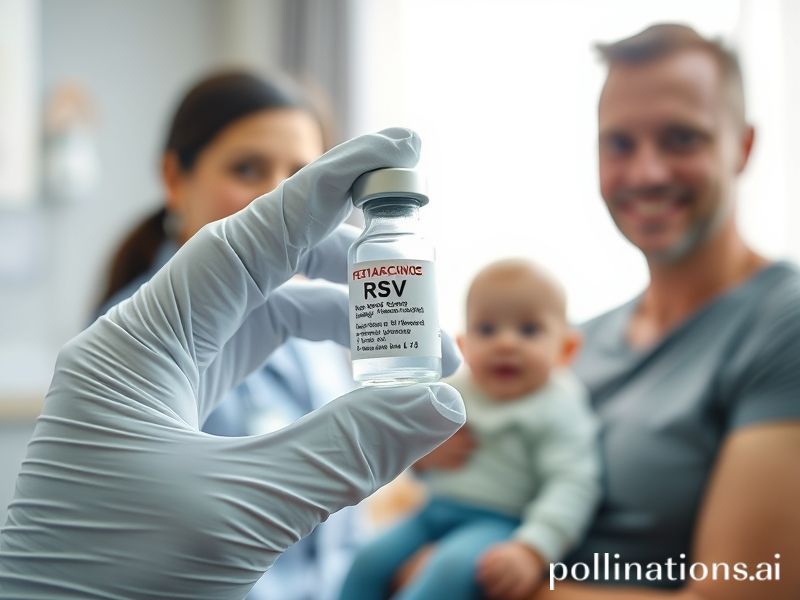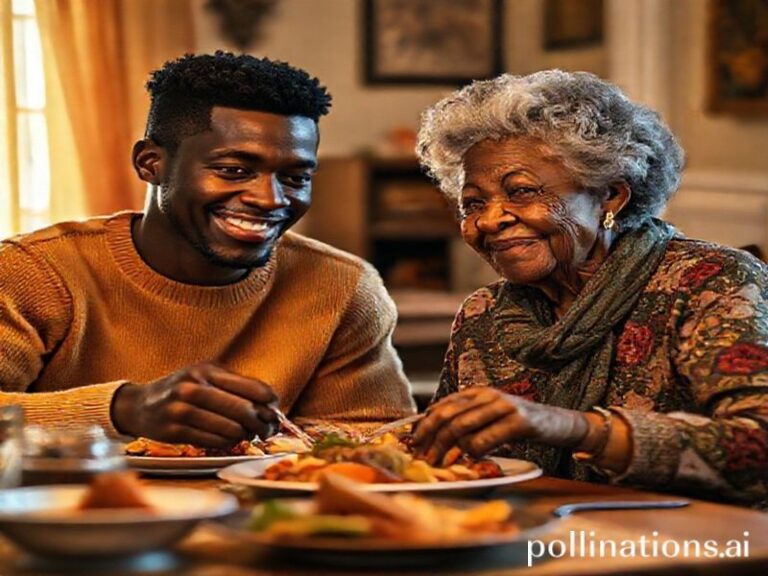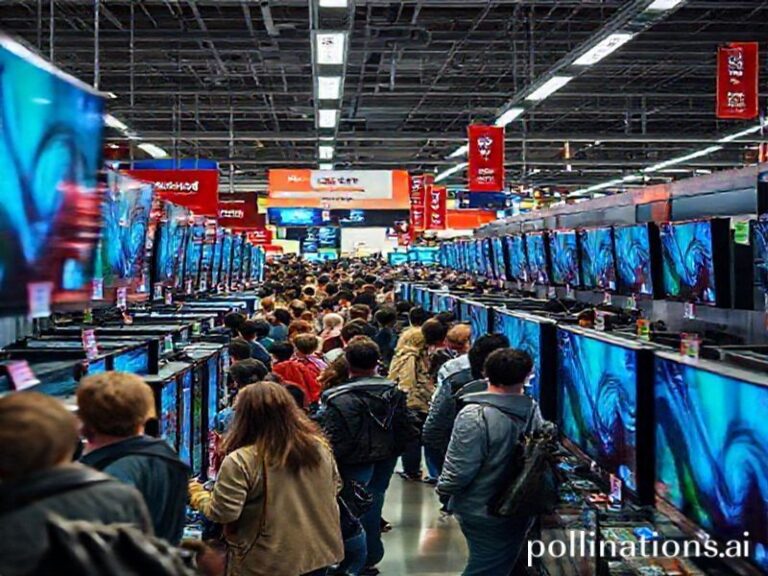RSV Vaccine Goes Global: How the World Learned to Stop Worrying and Love Infant Immunization
**The Global RSV Vaccine Rollout: Because Even Babies Need Bureaucratic Protection**
In the grand theater of global health initiatives, where pharmaceutical companies play the role of reluctant heroes and governments act as both critic and audience, the Respiratory Syncytial Virus (RSV) vaccine has finally taken center stage. After decades of watching infants wheeze their way through winter like miniature chain-smokers, the world has collectively decided that perhaps babies deserve better than a “wait and see” approach to potentially fatal respiratory infections.
The international rollout reads like a geopolitical chess match played by people who can’t agree on the rules. The United States, never one to miss an opportunity for pharmaceutical fanfare, approved the vaccine with the enthusiasm of a Black Friday shopper. Meanwhile, European regulators approached with characteristic continental caution, examining the data as if it were a suspicious cheese. The United Kingdom, in its post-Brexit enthusiasm for making its own decisions, approved it just to prove they could, while Canada waited politely for everyone else to go first—Canadian healthcare’s version of holding the door.
In the developing world, where RSV kills approximately 100,000 children annually—roughly equivalent to losing a small city every year—the vaccine represents something more profound than another line item in Western pediatricians’ appointment books. Countries like South Africa and Brazil, weary of being the world’s cautionary tales, have begun implementation programs that move with the urgency of nations tired of burying their children. The Gates Foundation, playing the role of billionaire Santa Claus, has pledged millions to ensure this isn’t merely another luxury for the global north, though one suspects the pharmaceutical companies’ shareholders sleep better knowing their margins remain comfortably First World.
The economic implications ripple outward like a stone dropped in the pond of global inequality. Each prevented hospitalization saves healthcare systems roughly $3,500—a figure that makes health ministers salivate like Pavlov’s dogs at budget meetings. In countries where GDP per capita hovers below this number, the vaccine transforms from medical intervention to economic stimulus package. Meanwhile, pharmaceutical executives calculate profit margins with the cold precision of undertakers, knowing that fear of infant mortality sells better than any advertising campaign.
The vaccine’s arrival coincides with a global moment when trust in medical institutions sits somewhere between used car salesmen and politicians who promise to “tell it like it is.” Anti-vaccine sentiment, that peculiar luxury of societies where preventable deaths have become optional rather than inevitable, spreads through social media like a intellectual measles outbreak. In wealthy nations, parents debate the vaccine’s necessity with the privileged anxiety of people who’ve forgotten what it’s like to lose a child to something preventable. In poorer countries, mothers queue for hours, understanding intuitively what statistics can’t convey: vaccines are the only lottery where everyone wins.
As winter approaches in various hemispheres, the global rollout continues with all the coordinated efficiency of a United Nations potluck dinner. Some countries hoard supplies like doomsday preppers; others wait patiently for hand-me-downs from their richer cousins. The WHO issues guidelines that nations interpret with the creative flexibility of teenagers reading poetry.
Perhaps the most telling aspect of this global health initiative is what it reveals about our species: we’re capable of remarkable scientific achievement, yet equally capable of ensuring those achievements arrive in the most inefficient, unequal manner possible. The RSV vaccine stands as both monument to human ingenuity and testament to our inability to simply do the right thing without first calculating the profit margin.
In the end, babies will stop dying from RSV, though some will stop sooner than others—a distinction that will depend not on medical necessity but on postal codes and purchasing power. In the global village, it seems, some neighborhoods are still more equal than others.







